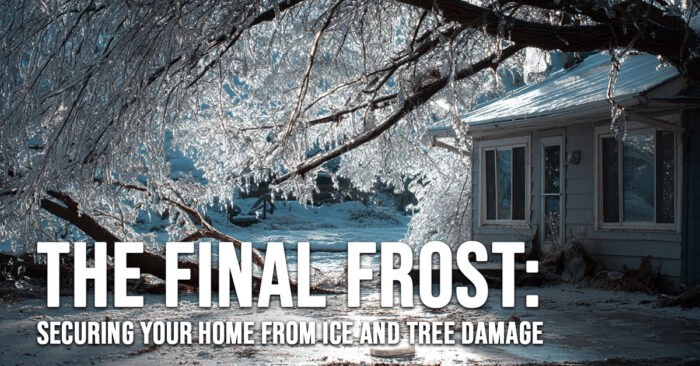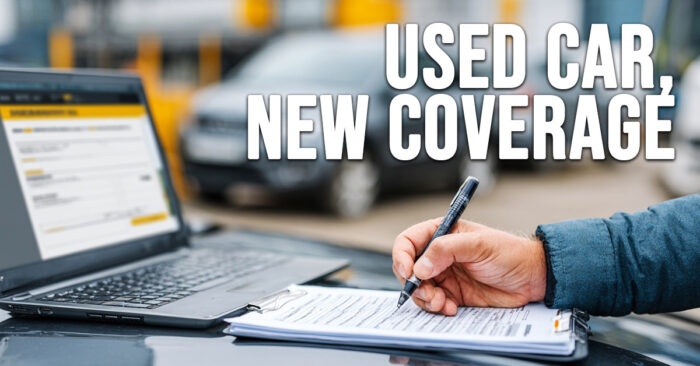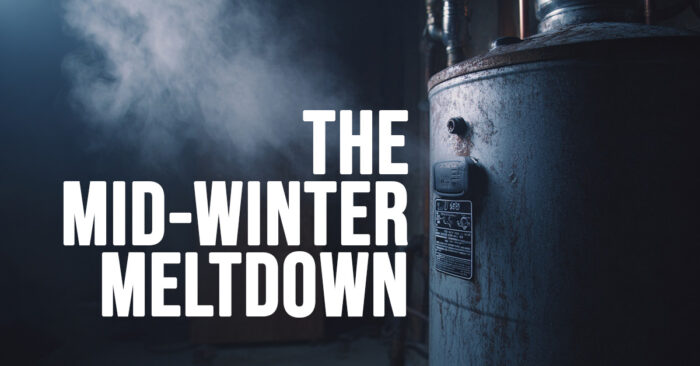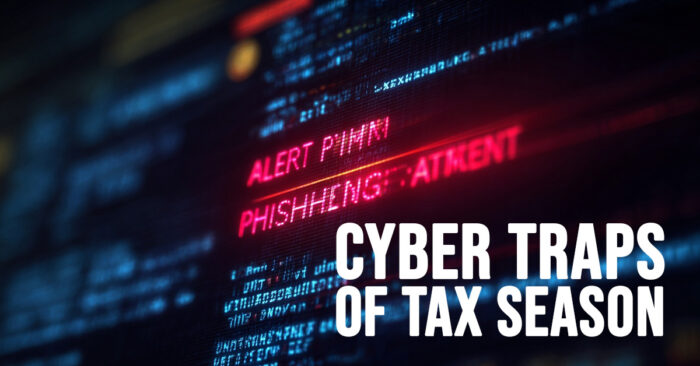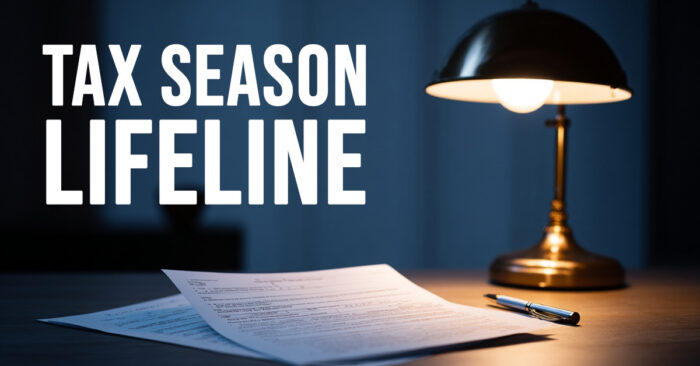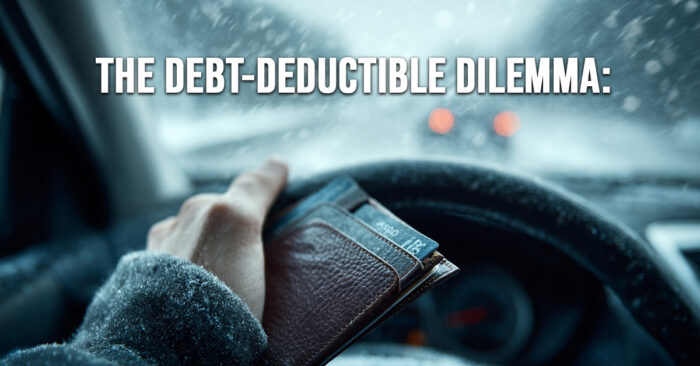When is a Business No Longer Considered Small?
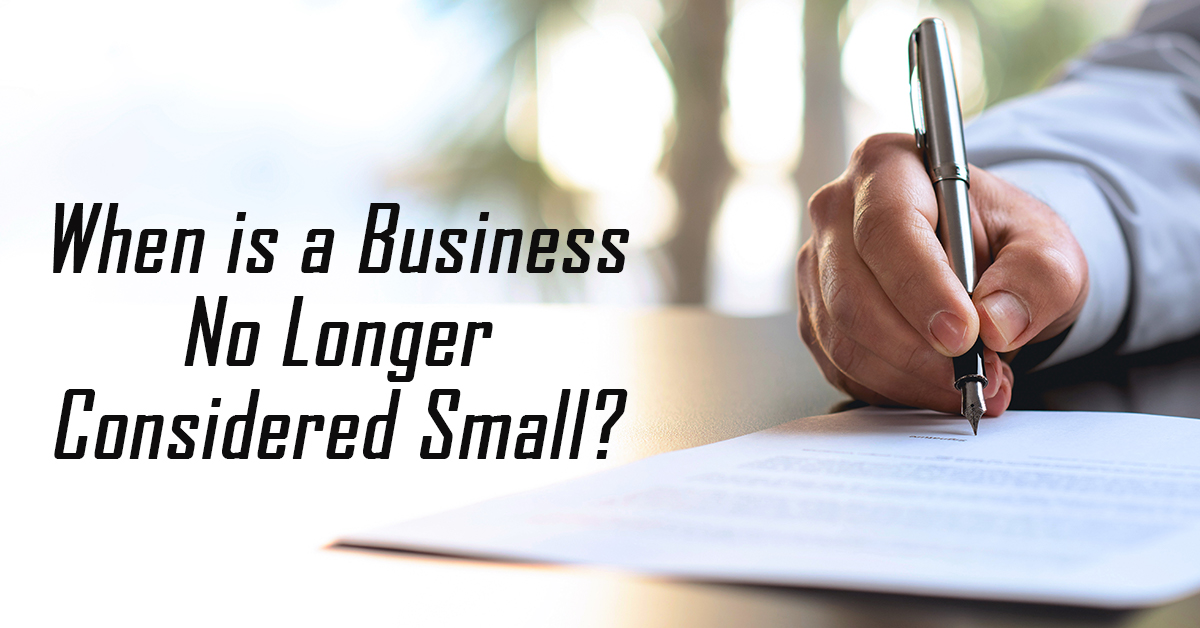
When is a Business No Longer Considered Small?
You’ll often hear the terms small, medium and large when describing the size of a company. It is fair to assume that a Mom and Pop candy store at the corner of a street is a small business. It is also fair to assume that an automobile manufacturer or major financial institution is a large business. Medium-sized businesses may be a little more difficult to describe, other than they fall somewhere in-between.
Did you know, however, that there are sources that can better define a small, medium and large business by its product category, number of employees and annual sales?
The Small Business Association (SBA) for example, determines the size of a small business on such criteria. It also has an entire set of codes for companies in various categories to decide whether a business is considered “small”. This can affect a variety of business eligibility requirements including loan qualifications. Based on such criteria, some companies can have incomes in excess as $40 million and still be considered a small business.
The start is to find the government key which determines the category your business falls into. This puts you in a pool of businesses you are competing against for government assistance. The U.S. Census Bureau has a list of codes and sub-codes that can help you determine whether your business is “small”.
Outside of the SBA definition, the size of your business will impact what it pays for insurance. The larger the company, the more income it produces and the more employees it has, the more risks it is exposed to. This will translate into the need for greater coverage.
Most companies grow. They grow from maybe a single proprietor to a partnership to bringing in investors. They may even become publicly traded someday. Along the way, it’s insurance needs will change.
While the SBA may have specific guidelines according to government assistance levels, most have a more casual approach to how they view their business. If you are building your business, build your loss-prevention strategy at the same time. We can help.
Contact one of our independent insurance agents to discuss where your company is, and where you see it going. They can help design an insurance program you can afford, and one that will help facilitate the growth of your business.
Do you have questions about your insurance? Find an insurance agent near you with our Agent Finder
Search All Blogs
Search All Blogs
Read More Blogs
The Final Frost: Securing Your Home from Ice and Tree Damage
Extreme cold risk is highest now. A guide to Home Insurance for tree fall damage, ice structure risks, and securing your claim against catastrophic late-January weather.
Slow Cooker Immunity: Nourishing Your Body with Winter Comfort Foods
Fight the mid-winter slump! Easy slow-cooker recipes packed with immune-boosting spices and ingredients to keep your family healthy in late January.
Accountability in the New Year: Auditing Employee Risk for Workers’ Comp and Liability
Get back to basics! Mid-January is the time for mandatory safety refreshers and HR audits to manage Workers’ Comp and General Liability risk in 2026.
The Mid-January Check-Up: Why Scheduling Your Life Insurance Exam Now Locks in the Best Rate
Don’t delay the exam! Schedule your Life Insurance paramedical exam in mid-January to lock in your best rate and complete your application process quickly.
Used Car, New Coverage: Insuring Your Post-Holiday Vehicle Purchase in January
Just bought a used car? Don’t forget to update the VIN, transfer your coverage, and check if you need higher Medical Payments limits.
The Mid-Winter Meltdown: Protecting Your Home from Aging Furnace and Water Heater Failure
Mid-January system failure is costly. Learn why standard home insurance doesn’t cover your broken furnace and why you need an Equipment Breakdown endorsement now.
The Great Indoor Escape: Launching Your Mid-January Reading Challenge
Swap the screen for a spine! How to launch a simple, rewarding mid-January reading challenge to improve focus and beat the winter blues.
Cyber Traps of Tax Season: Securing Your Business Data with Cyber Insurance
Tax season is phishing season. Protect your sensitive financial data and employee W-2s with robust Cyber Insurance coverage against targeted tax fraud.
Tax Season Lifeline: Why January is the Time to Secure Estate Liquidity with Life Insurance
Tax season is here. Use Life Insurance to create tax-free liquidity for your estate and protect your family business from forced asset sales.
The Debt-Deductible Dilemma: Aligning Your Auto Policy with Post-Holiday Finances
Did holiday spending deplete your savings? Reconsider high auto deductibles—you might not be able to afford the out-of-pocket cost if you have an accident now.
